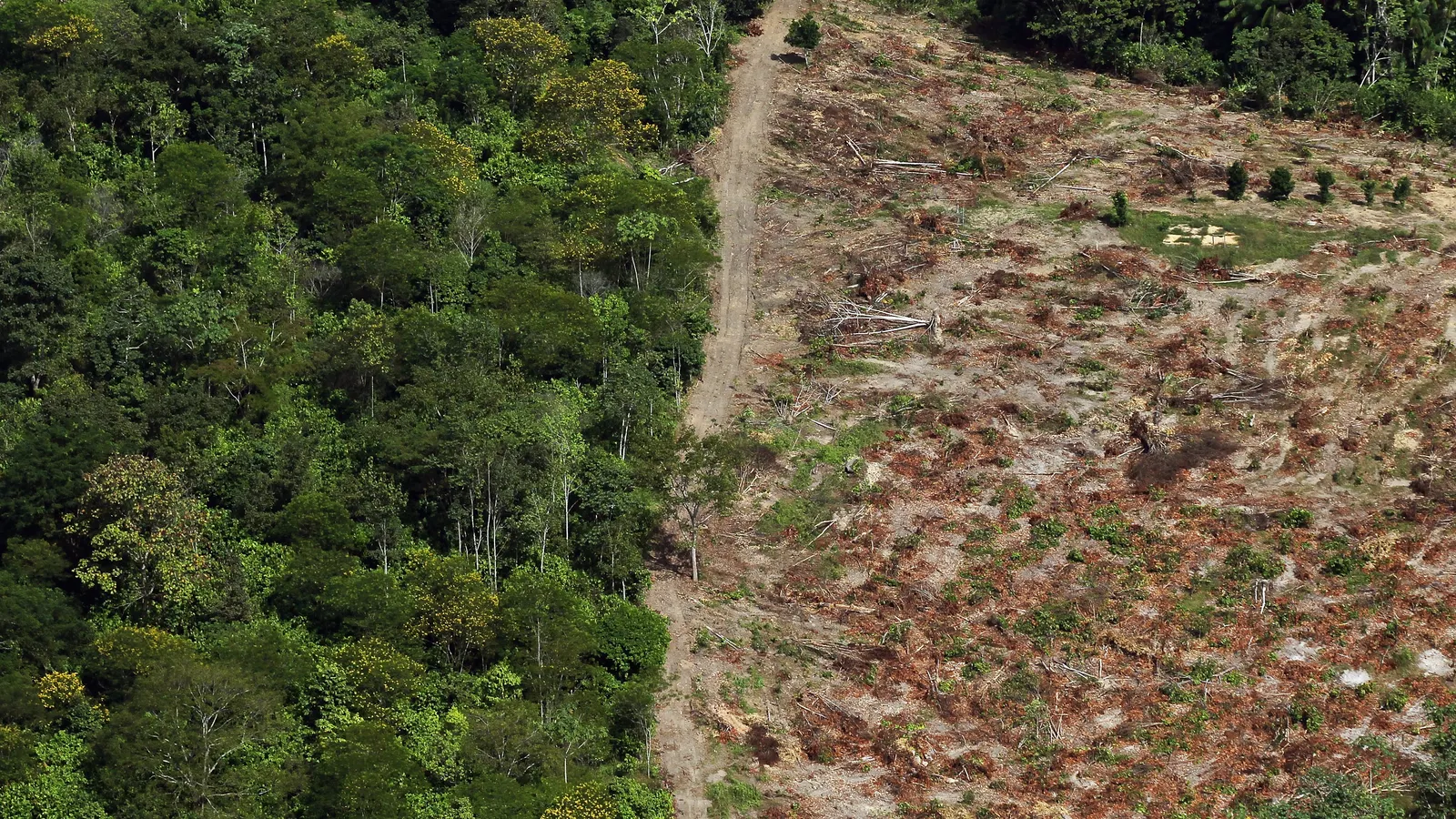Обзор проблем выбора поставщиков кожи
Расследование, проведенное экологической некоммерческой организацией, выявило потенциальные риски, связанные с практикой компании Coach по закупке кожи, которые могут быть связаны с незаконным разведением крупного рогатого скота в Бразилии.
Основные выводы
Согласно недавнему отчету некоммерческой организации Earthsight, цепочка поставок кожи для Coach указывает на потенциальную связь с незаконной деятельностью по разведению крупного рогатого скота в тропических лесах Амазонки в Бразилии.
Такие незаконные методы ведения ранчо являются основными факторами, способствующими вырубке лесов в Амазонии, и Earthsight призывает Coach и другие модные бренды исключить любую кожу, полученную из районов, подвергшихся вырубке лесов.
Интересно, что представители Tapestry, материнской компании Coach, заявили, что менее 10% их кожи поступает из Бразилии. Они признали трудности в точном отслеживании этого сырья.
Расследования
В отчете Earthsight использовались различные ресурсы, включая записи отгрузок и спутниковые данные, для анализа воздействия на окружающую среду, связанного с цепочкой поставок кожи Coach.
Организация обнаружила прямую связь между кожей бренда и Frigol, бразильской мясоперерабатывающей компанией, которая, как сообщается, имеет историю закупок скота, переплетающуюся с серьезными экологическими проблемами и нарушениями прав коренных народов.
Вырубка лесов в Бразилии
Пара, штат в Бразилии, в котором находится значительная часть Амазонки, на протяжении многих лет испытывает масштабную потерю лесов. С 2001 по 2024 год в этом регионе были зафиксированы самые высокие темпы вырубки лесов в Бразилии, что делает его важнейшей областью внимания для защитников окружающей среды. Более того, Пара входит в число крупнейших экспортеров кожи в стране, что усиливает опасения по поводу устойчивых методов поставки.
Последствия вырубки лесов
Несмотря на недавнее снижение общих темпов обезлесения в Амазонии, незаконное разведение крупного рогатого скота продолжает наносить ущерб, способствуя ухудшению состояния окружающей среды, посягательству на земли коренных народов и усугублению нарушений прав человека.
Earthsight подчеркнула, что текущие методы поиска поставщиков Coach, в сочетании с определенными поставщиками, замешанными в этих противоречиях, могут вовлечь потребителей в общие проблемы вырубки лесов и нарушения прав коренных народов.
Реакция корпорации
В свете этих обвинений Tapestry предприняла шаги по повышению прозрачности и отслеживаемости в своей цепочке поставок кожи в Бразилии. В рамках своей приверженности принципам ответственного поиска поставщиков, Tapestry признает важность соблюдения этических норм во всех своих операциях.
Кроме того, Tapestry выделила 1,3 миллиона долларов США Всемирному фонду дикой природы, чтобы сосредоточиться конкретно на улучшении отслеживаемости, связанной с поставками кожи в Бразилии. Они также внесли свой вклад в Фонд борьбы с обезлесением в 2023 году, что еще раз подчеркивает их приверженность устойчивым методам.
Компания инвестировала в меры по отслеживанию, включая финансирование 50 000 ушных бирок, которые могут помочь отслеживать крупный рогатый скот в Бразилии, что демонстрирует их стремление к партнерству с ответственными поставщиками.
Более широкие отраслевые последствия
Экологическая обстановка касается не только Coach; несколько других известных брендов, включая Fendi, Chloé и Louis Vuitton, подвергаются критике в отношении их практики закупки бразильской кожи у определенных кожевенных заводов. Многие из этих компаний отреагировали, заявив, что их шкуры не поступают из Бразилии, что демонстрирует сложную динамику цепочек поставок в индустрии моды.
Роль логистики в решении экологических проблем
Понимание последствий прямого поиска кожаных галстуков в контексте более широких проблем логистики и управления цепочками поставок. Сущность устойчивости в логистике становится критически важной, поскольку компании испытывают давление с целью улучшения своих систем отслеживания и обеспечения экологически ответственных методов во всех аспектах транспортировки и дистрибуции.
В такой среде надежные логистические системы могут поддерживать прозрачность, а надежные поставщики напрямую способствуют ответственной практике закупок. Предприятия должны быть проницательными в отношении того, с кем они сотрудничают, учитывая волновой эффект, который решения о поставках могут оказать на окружающую среду. В GetTransport.com логистический опыт часто определяет решения о том, как грузовые перевозки могут соответствовать более устойчивым практикам, отражая приверженность ответственной логистике.
Заключение
Расследование источников кожи для Coach подчеркивает нечто большее, чем просто отраслевые проблемы, – оно высвечивает сложную взаимосвязь между цепочками поставок и экологической устойчивостью. Негативные последствия нелегального разведения крупного рогатого скота в тропических лесах Амазонки являются ярким напоминанием об ответственности, которую несут бренды за сокращение своего экологического следа.
GetTransport.com является ключевым ресурсом в сложной области логистики, предлагая потребителям удобный и доступный способ ответственной транспортировки грузов. Предоставляя глобальные решения по доставке грузов, охватывающие различные секторы, такие как переезд, перемещение и транспортировка крупногабаритных товаров, GetTransport.com позволяет частным лицам и предприятиям принимать обоснованные решения. Прозрачность, эффективность и доступность лежат в основе его миссии, гарантируя, что даже в быстро меняющемся мире логистика остается в соответствии с устойчивыми практиками.
Подумайте, как эти знания о практике поиска поставщиков и их более широкие последствия могут повлиять на вашу логистическую стратегию в будущем. Согласуйте свои транспортные потребности с такими платформами, как GetTransport.com, где удобство и экономичность сочетаются с надежной поддержкой. Бронируйте прямо сейчас на GetTransport.com!

 Изучение экологических рисков, связанных с поиском кожи для Coach и его влиянием на логистику">
Изучение экологических рисков, связанных с поиском кожи для Coach и его влиянием на логистику">